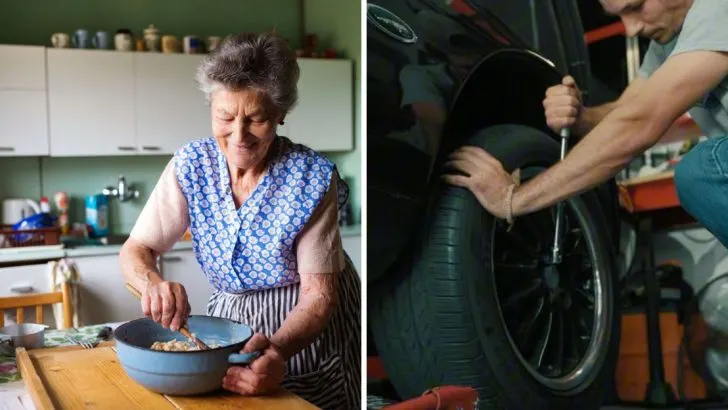Life looks a lot different today than it did a few decades ago, and with all the modern conveniences at our fingertips, some essential life skills have started to slip through the cracks.
Tasks that used to be second nature—like sewing on a button or reading a map—are becoming less common among younger generations. It’s not about pointing fingers but recognizing how technology and changing lifestyles have shifted what we prioritize.
These 10 important life skills are ones that were once considered basic knowledge but now often get overlooked. While they might not be daily necessities anymore, learning them can still bring a sense of independence and accomplishment that’s hard to match.
Reading a Map
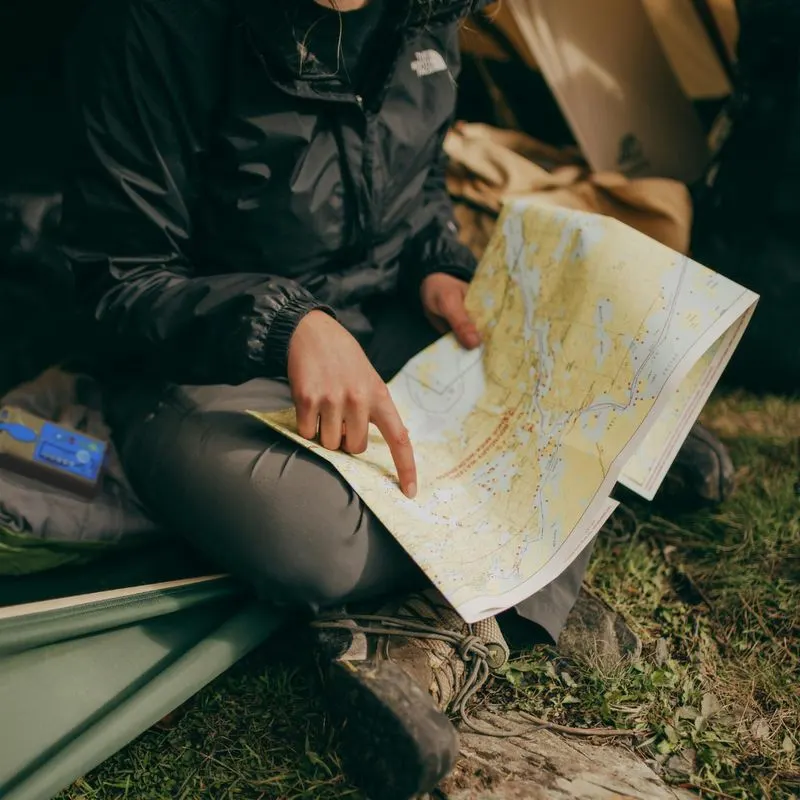
Navigating without GPS seems like a relic of the past. Many young people struggle to orient themselves using a traditional map, often depending on digital devices.
Yet, understanding map reading enhances spatial awareness and problem-solving skills. Knowing how to interpret symbols and scales on a map can be invaluable, especially when technology fails.
It’s a skill that fosters independence, making spontaneous adventures more feasible. With a map, the world opens up in unexpected ways, offering a chance to explore with confidence and precision.
Balancing a Checkbook

Digital banking has made managing finances easier, but understanding how to balance a checkbook teaches discipline and financial literacy. It’s more than just addition and subtraction—it’s about tracking expenditures and recognizing spending patterns.
A balanced checkbook can reveal insights into budgeting habits, helping avoid overdraft fees and financial strain. Emphasizing this skill encourages a mindful approach to money management.
Though it may appear outdated, the principles behind it are timeless, providing a clearer view of one’s financial health.
Cooking from Scratch
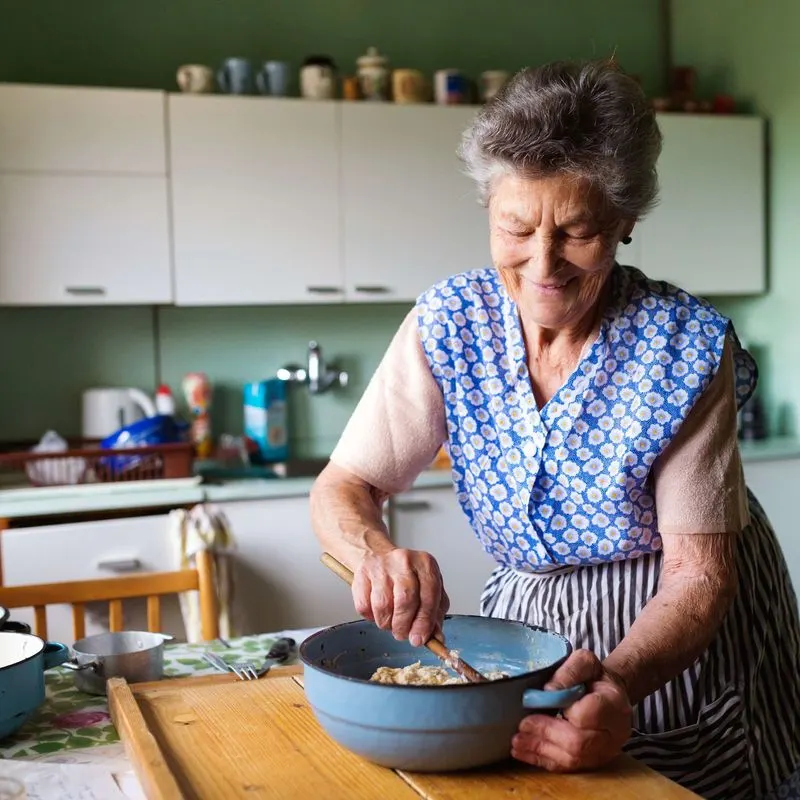
In a world of convenience foods and meal kits, cooking from scratch is becoming a lost art. This skill not only enriches culinary knowledge but also promotes health and wellness.
Preparing meals using basic ingredients allows for control over nutrition and portion sizes, fostering healthier eating habits. It’s a creative process that can bring joy and a sense of accomplishment.
Moreover, cooking from scratch can be a communal activity, strengthening bonds during shared meals, and passing down traditions through recipes.
Writing a Formal Letter
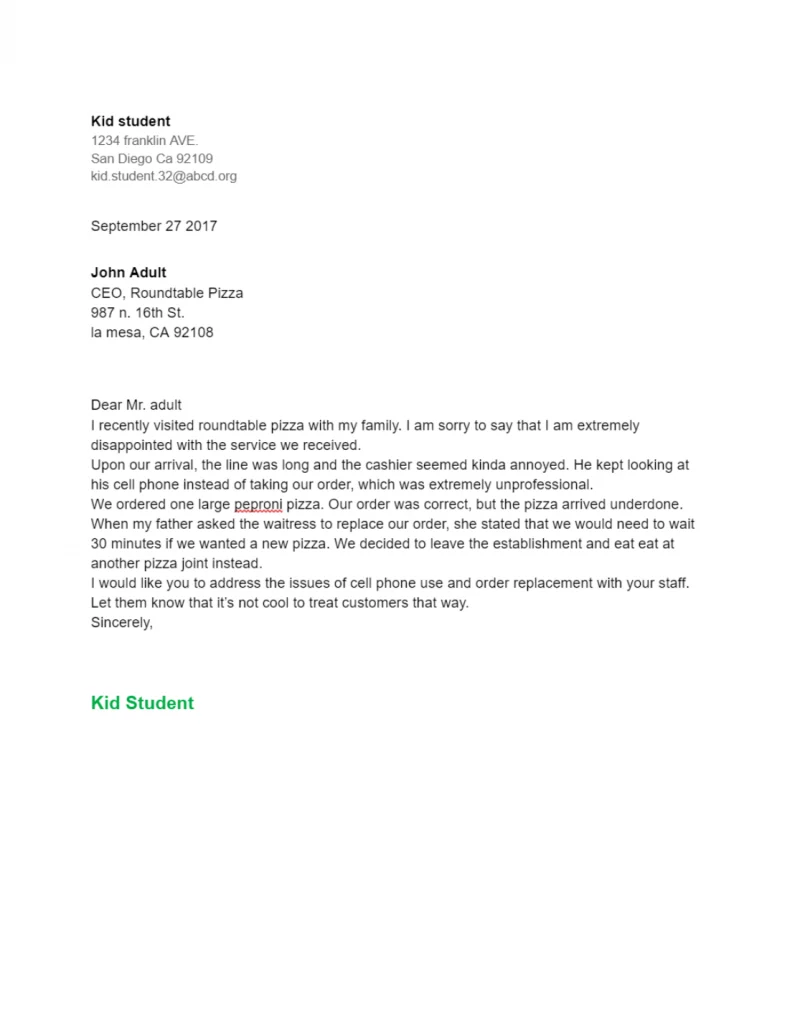
The age of emails and instant messaging has overshadowed the art of writing formal letters. Yet, this skill is crucial for professional communication, conveying respect and clarity.
Crafting a well-structured letter requires attention to tone, grammar, and presentation. It’s a demonstration of professionalism that can impact job applications or official correspondences.
Learning to write formally enhances overall writing skills, fostering attention to detail. Despite the prevalence of digital communication, the ability to pen a formal letter remains relevant.
Sewing a Button
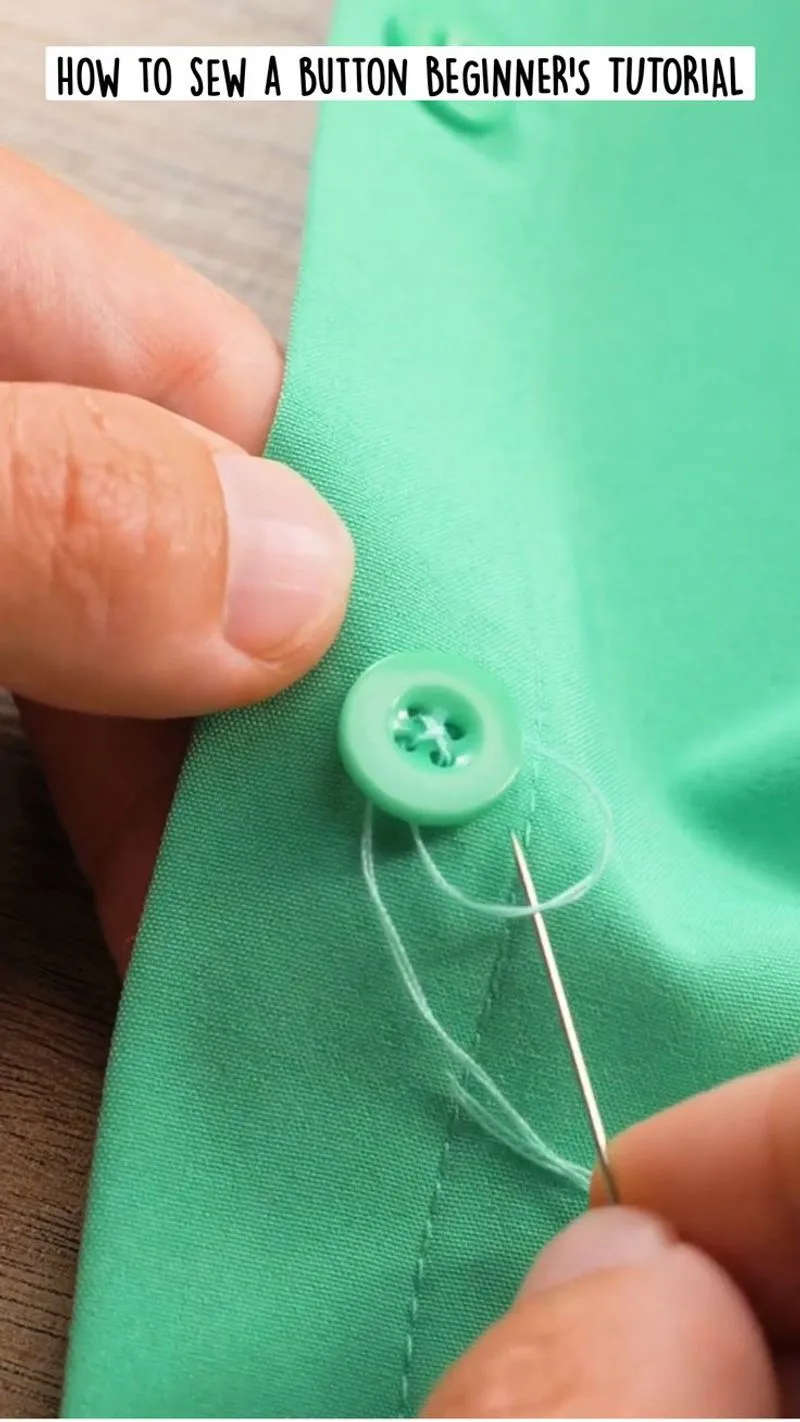
The simple act of sewing a button is an invaluable skill, offering practicality and self-reliance. Fast fashion and inexpensive replacements often overshadow the need for basic sewing skills.
However, being able to mend clothes extends their life, saves money, and reduces waste. Sewing a button requires patience and precision, qualities that are valuable in many areas of life.
It’s a skill that fosters creativity, allowing for personal customization of garments. With a needle and thread, small repairs become empowering rather than daunting.
Changing a Car Tire
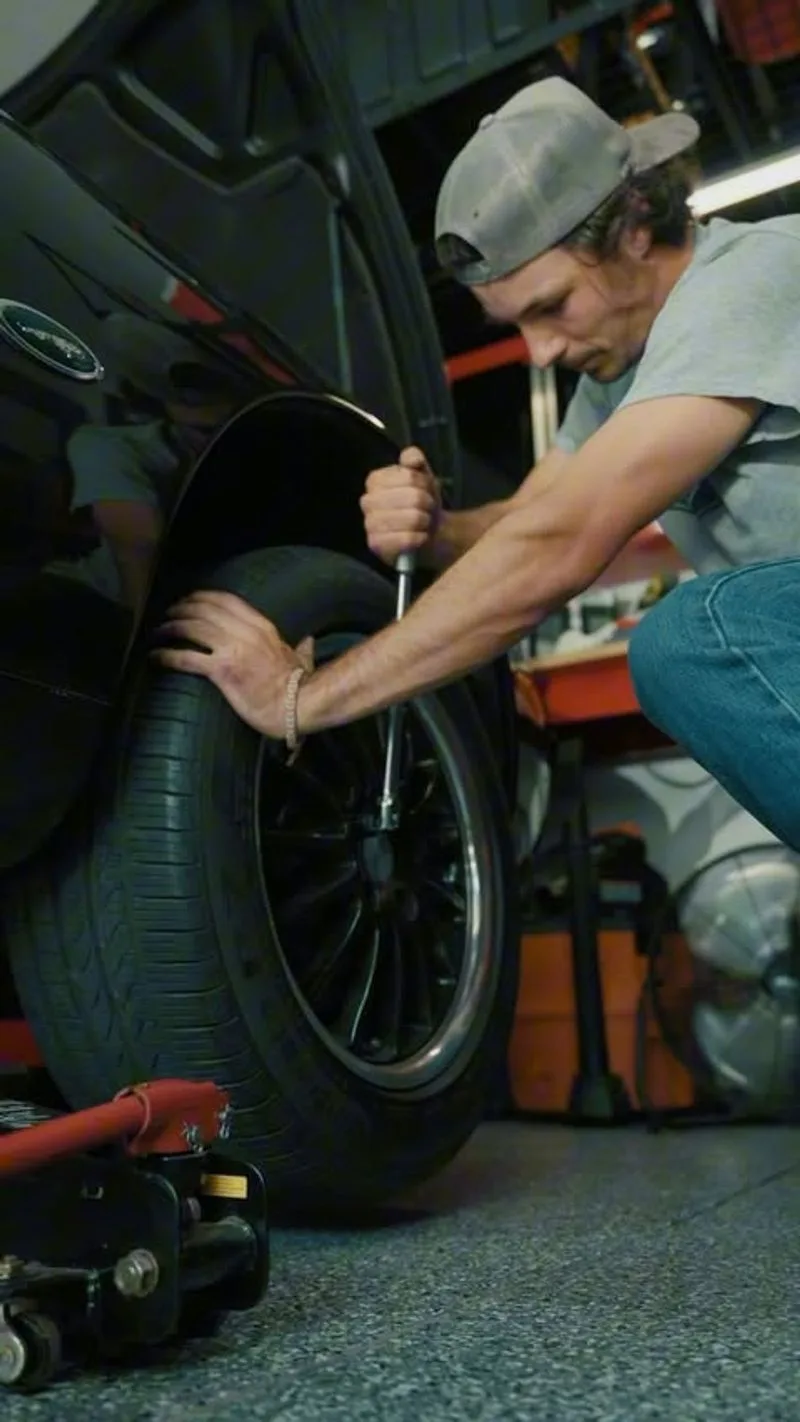
Car breakdowns happen, yet many young drivers lack the confidence to change a tire. This essential skill ensures safety and preparedness during unexpected vehicle issues.
Understanding the process of loosening lug nuts, positioning the jack, and replacing the tire can be empowering. It reduces dependency on roadside assistance, saving time and money.
Moreover, knowing how to change a tire promotes a sense of responsibility, making road trips less intimidating. It’s an essential part of vehicular knowledge that every driver should possess.
Planting a Garden
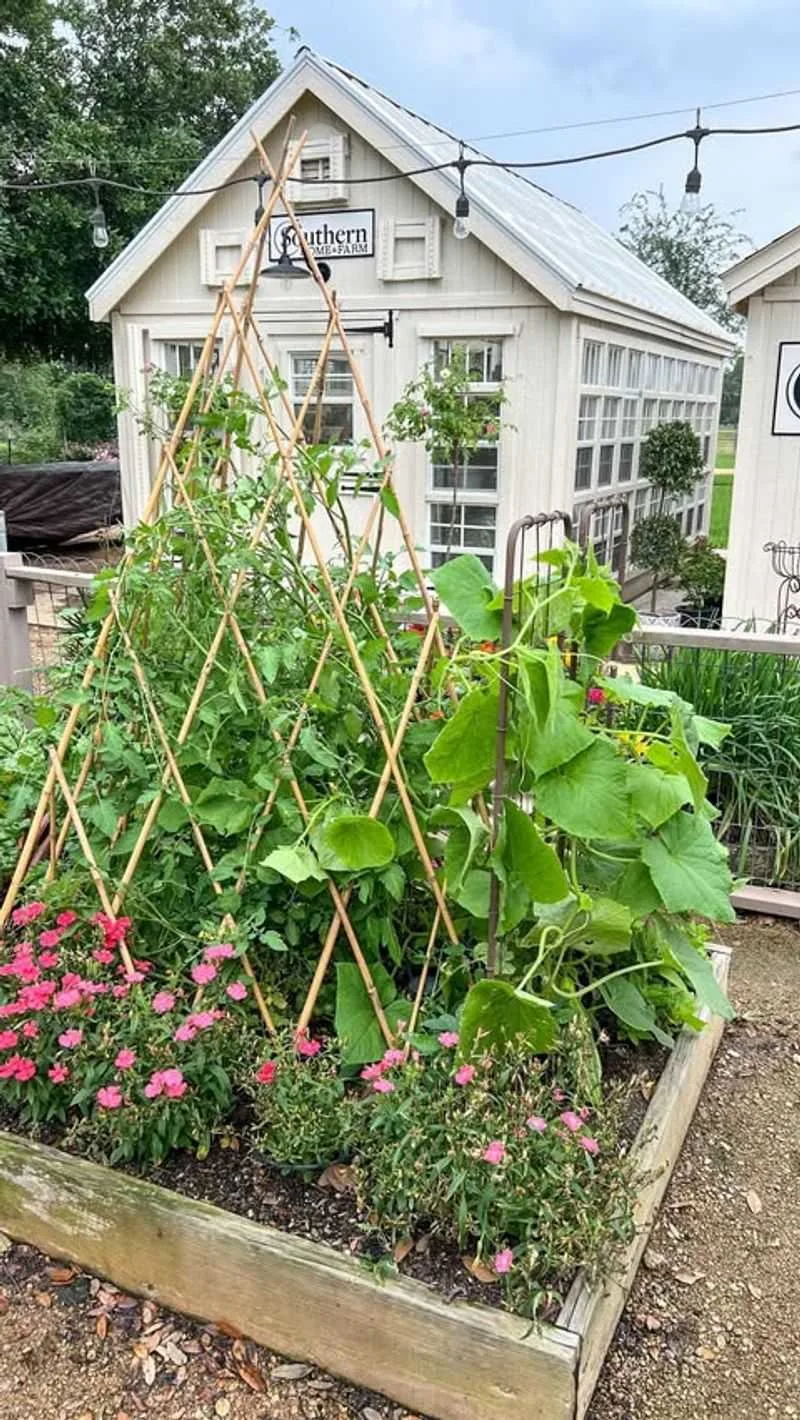
Gardening connects individuals with nature and provides a sustainable source of food and beauty. Many young people miss out on the joy of planting and nurturing a garden.
This skill teaches patience, responsibility, and an understanding of ecological systems. Cultivating plants, whether vegetables or flowers, can enhance mental well-being and provide a sense of accomplishment.
It’s an activity that encourages outdoor engagement and fosters environmental awareness. With the right tools and guidance, gardening can be a rewarding and fulfilling pursuit.
Making a Phone Call
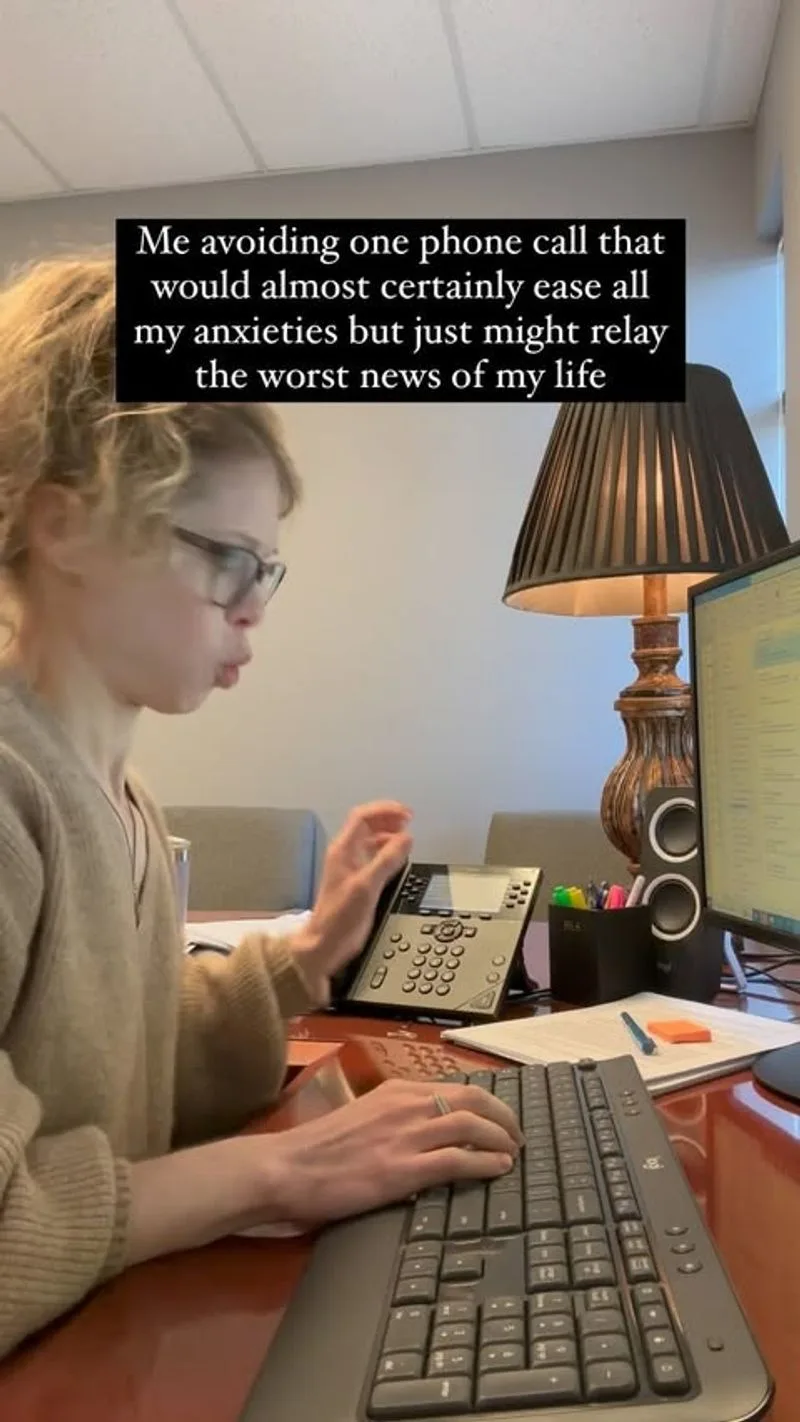
Despite their connectivity, many young individuals feel uneasy making phone calls. This essential form of communication builds confidence and interpersonal skills.
Speaking on the phone fosters clarity and quick decision-making, unlike the delay of text messages. It’s a direct way to convey emotions and nuances that written words often miss.
Practicing phone calls can alleviate anxiety and improve conversational abilities. It’s a skill that enhances both personal and professional interactions, ensuring messages are understood precisely and promptly.
Building a Fire
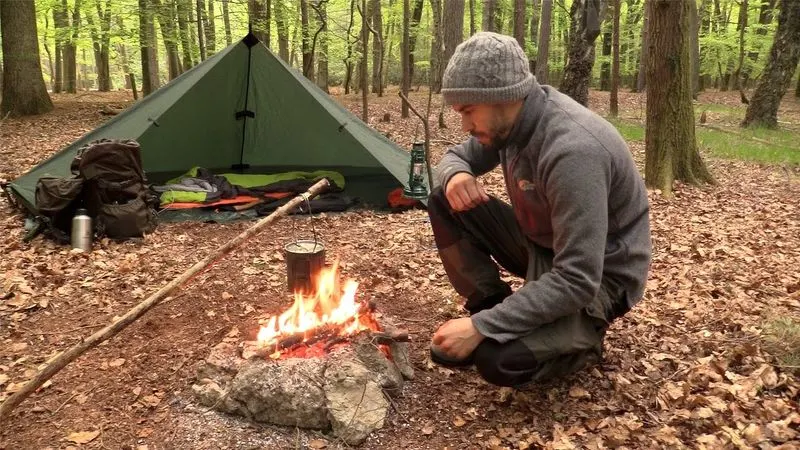
Building a fire is a fundamental survival skill, yet many young people have never learned it. This ability provides warmth, light, and a means to cook in the wilderness.
Understanding how to gather tinder, kindling, and logs, and using the right techniques to ignite a fire, is crucial. It’s about patience, safety, and respecting nature.
Mastering this skill can transform camping experiences, providing comfort and sustenance. Moreover, it instills a sense of accomplishment and self-sufficiency.
Handwriting a Thank You Note
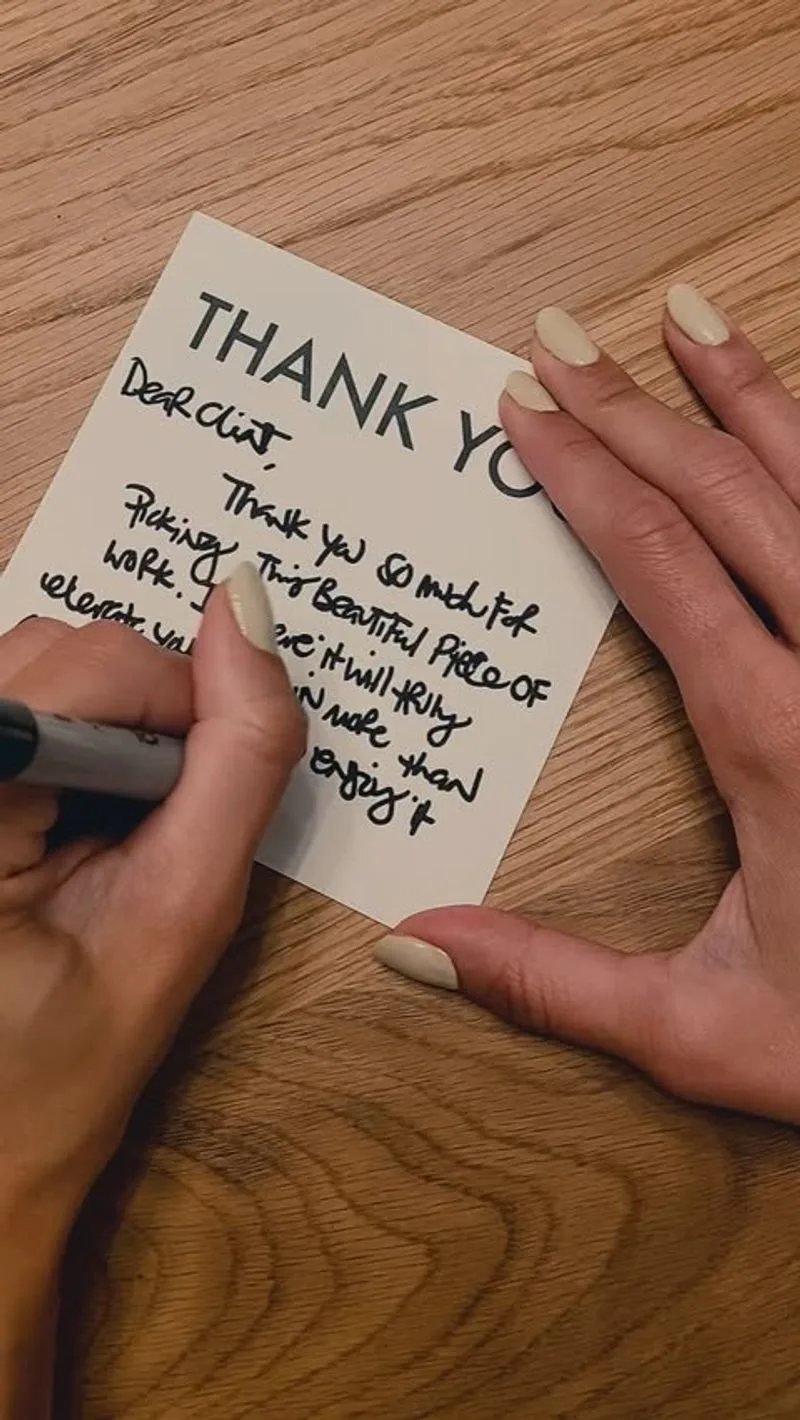
The personal touch of a handwritten thank you note is a tradition worth preserving. In a digital age, this gesture stands out, expressing genuine gratitude.
Writing such a note requires thoughtfulness and consideration, qualities that foster deeper connections. It’s an opportunity to reflect on relationships and express appreciation in a meaningful way.
Crafting a thank you note can also enhance writing skills, focusing on tone and sincerity. This simple act can leave a lasting impression, bridging the gap between formality and personal warmth.

